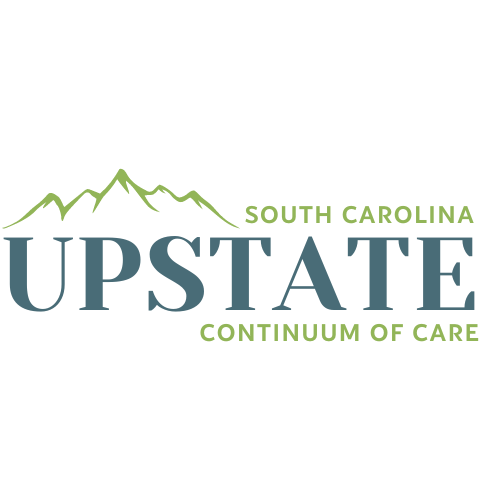Continuum Of Care Program
Continuum of Care Program funds may be used for projects under five program components: permanent housing, transitional housing, supportive services only, HMIS, and, in some cases, homelessness prevention. Administrative costs are eligible under all components.
The five program components that can be funded through the CoC Program are listed below.
Permanent Housing
Permanent housing (PH) is defined as community-based housing without a designated length of stay in which formerly homeless individuals and families live as independently as possible. Under PH, a program participant must be the tenant on a lease (or sublease) for an initial term of at least one year that is renewable and is terminable only for cause. Further, leases (or subleases) must be renewable for a minimum term of one month. The CoC Program funds two types of persmanent housing: permanent supportive housing (PSH) for persons with disabilities and rapid re-housing. Permanent supportive housing is permanent housing with indefinite leasing or rental assistance paired with supportive services to assist homeless persons with a disability or families with an adult or child member with a disability achieve housing stability. Rapid re-housing (RRH) emphasizes housing search and relocation services and short- and medium-term rental assistance to move homeless persons and families (with or without a disability) as rapidly as possible into permanent housing.
Transitional Housing
Transitional housing (TH) is designed to provide homeless individuals and families with the interim stability and support to sucessfully move to and maintain permanent housing. Transitional housing may be used to cover the costs of up to 24 months of housing with accompanying supportive services. Program participants must have a lease (or sublease) or occupancy agreement in place when residing in transitional housing. The provisions of the CoC Program’s TH program component have not changed significantly from the TH provisions under SHP.
Supportive Services Only
The supportive services only (SSO) program component allows recipients and subrecipients to provide services to homeless individuals and families not residing in housing operated by the recipient. SSO recipients and subrecipients may use the funds to conduct outreach to sheltered and unsheltered homeless persons and families, link clients with housing or other necessary services, and provide ongoing support. SSO projects may be offered in a structure or structures at one central site, or in multiple buildings at scattered sites where services are delivered. Projects may be operated independent of a building (e.g., street outreach) and in a variety of community-based settings, including in homeless programs operated by other agencies.
Homeless Management Information System
Funds under this component may be used only by Homeless Management Information System (HMIS) leads for leasing a structure in which the HMIS operates, for operating the structure in which the HMIS is housed, and/or for covering other costs related to establishing, operating, and customizing a CoC’s HMIS. Other recipients and subrecipients may not apply for funds under the HMIS program component, but may include costs associated with contributing data to the CoC’s HMIS within their project under another program component (PH, TH, SSO, or HP).
Homelessness Prevention
Recipients and subrecipients located in HUD-designated High Performing Communities (HPCs) may use CoC Program funds for homelessness prevention assistance for individuals and families at risk of homelessness. The services under this component may include housing relocation and stabilization services as well as short- and medium-term rental assistance to prevent an individual or family from becoming homeless. Through this component, recipients and subrecipients may help individuals and families at-risk of homelessness to maintain their existing housing or transition to new permanent housing. Homelessness prevention must be administered in accordance with 24 CFR part 576.
Other Components
Safe Havens
The Safe Haven program component is no longer eligible under the CoC Program. No new Safe Haven projects will be funded, but the CoC Program interim rule explicitly states that all projects eligible under the McKinney-Vento Act before passage of the HEARTH Act, including Safe Havens, may be renewed in to continue ongoing leasing, operations, supportive services, rental assistance, HMIS operation, and administrative functions beyond the initial funding period. The annual CoC Program NOFA will provide additional details.
Section 8 Moderate Rehabilitation SRO
The Section 8 Moderate Rehabilitation SRO Program component is no longer eligible under the CoC Program. No new SRO projects will be funded. Current SRO projects will continue to be renewed under the Multifamily Assisted Housing Reform and Affordability Act of 1997.
